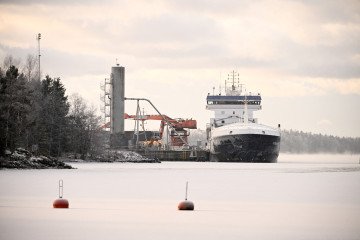- Category
- World
Is Merkel’s Nord Stream Mistake Being Repeated?
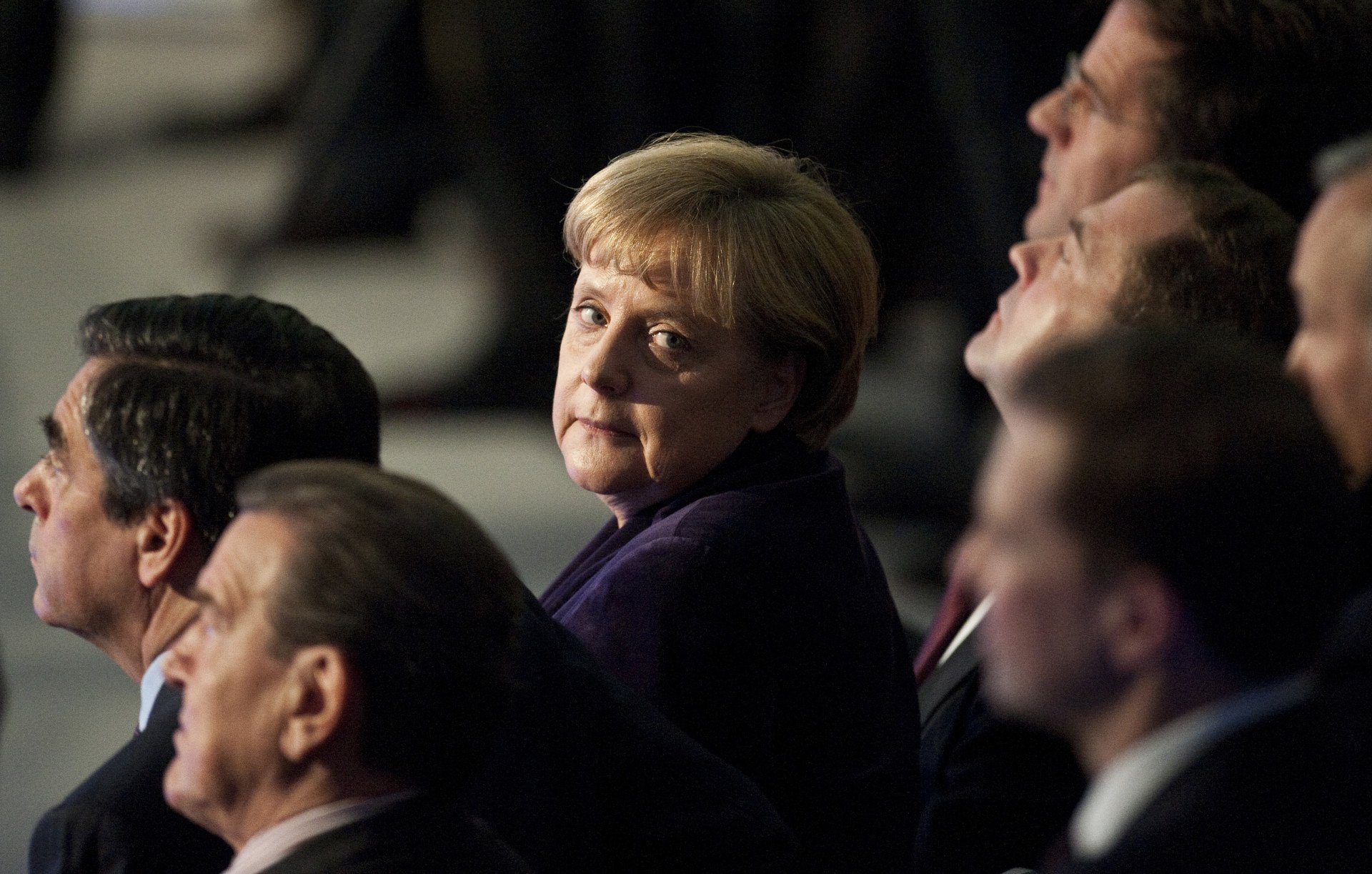
Merkel once believed that economic ties with Russia would guarantee peace. Instead, Nord Stream 2 deepened Germany’s dependence on Moscow—until the Russian war in Ukraine exposed the illusion.
Nord Stream 2, a pipeline designed to deliver 55 billion cubic meters of gas annually from Russia to Germany, bypassed Ukraine. Backed by Gazprom and European firms, the project was championed by then-German Chancellor Angela Merkel, who defended it as a means of promoting “democratization through trade.” That calculation collapsed when Russia launched its full-scale invasion of Ukraine in 2022.
Now, as Washington and Kyiv negotiate a US-Ukraine mineral deal, some critics warn it could repeat the same strategic misstep: prioritizing economic interests while overlooking geopolitical risks. While the US presents the deal as a deterrent to future Russian aggression, skeptics argue it could entangle American interests in ways that backfire. “What we’re seeing is a successful short-run strategy and a disastrous long-run strategy,” said Joseph Nye, a professor at Harvard’s Kennedy School.
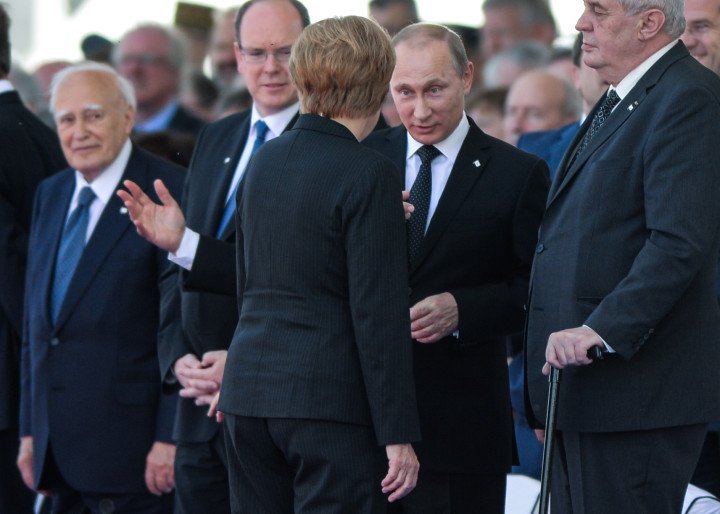
Moreover, a network of individuals with ties to both Vladimir Putin and the US administration is reportedly maneuvering to resuscitate Nord Stream 2—a project US President Donald Trump once fought to stop.
The proposal would reportedly involve the US acting as an intermediary, purchasing Russian gas and delivering it to Germany. This would give Washington leverage over Berlin’s energy supply while allowing American investors to benefit financially. If sanctions were lifted in a post-war settlement, these investors could cash in—precisely the kind of economic entanglement that blinded Germany to Moscow’s true ambitions.
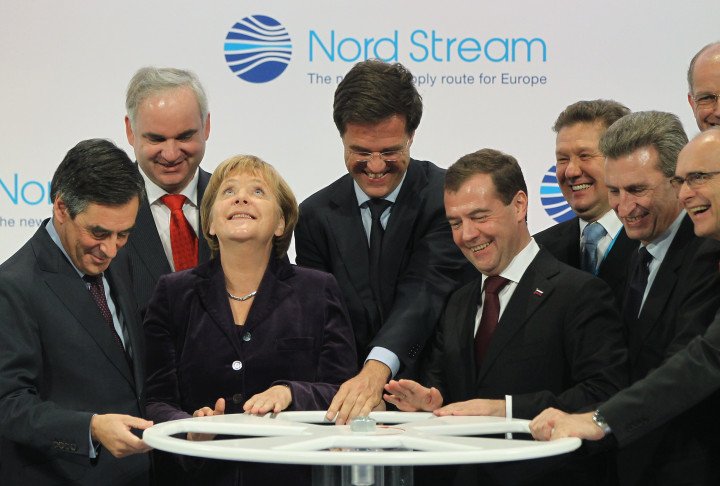
Nord Stream 2 was long criticized for deepening Europe’s reliance on Russian energy, particularly after Germany permanently shut down its last nuclear reactors in April 2023. The project was effectively halted following Russia’s full-scale invasion of Ukraine in 2022, and later, explosions—widely seen as sabotage—severely damaged both Nord Stream pipelines, leaving their future uncertain.
Echoes of the past in the US-Ukraine mineral deal
The mineral deal, like Nord Stream 2, is framed as an economic security guarantee. The US administration’s actions suggest that US infrastructure in Ukraine serves as a deterrent, making formal security guarantees unnecessary. Reposting a political commentary on Truth Social, Trump echoed the claim that a US-Ukraine deal would make a Russian invasion less likely by putting American interests on the line. “Putin will be unable to attack without triggering massive international consequences,” the post read. “In this game of chess, [Trump] is 10 moves ahead of everyone.”
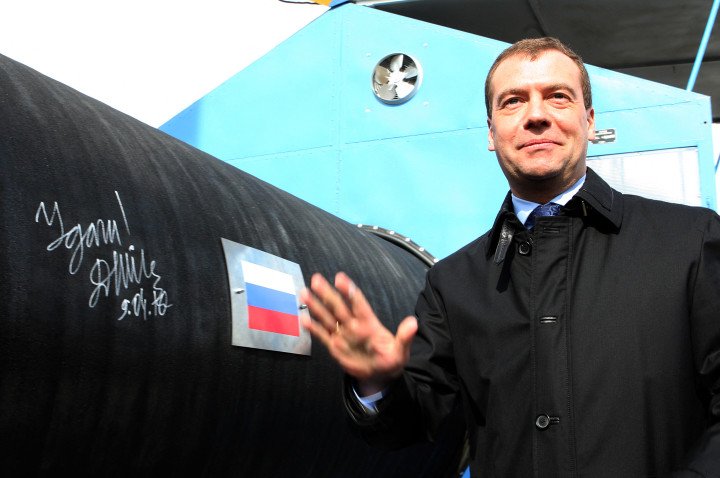
Ukraine agrees that this deal is a critical step toward enhanced security, but emphasizes that NATO-style commitments, which have so far deterred attacks on member states, are the key to preventing further escalation. With Russia significantly increasing its military budget, committing to long-term expansion, deploying North Korean troops in Ukraine, and even indoctrinating children with weapons training, it seems unlikely that Putin would refrain from further aggression without a serious deterrent.
Regardless of the mineral deal, the US’s shifting stance on Ukraine and Russia has NATO allies wary of intelligence-sharing—raising fears of a tilt toward Russia.
The logic of these secret negotiations echoes Merkel’s thinking: economic ties with Russia would supposedly prevent conflict. But history, as we well know, has disproved that assumption. German politicians, journalists, and business leaders were wooed by Gazprom’s money and influence. Meanwhile, Ukraine’s leaders pleaded for Merkel to recognize the threat, only to be dismissed with technocratic indifference. In return, the Kremlin rewarded Berlin’s trust with the invasion of Ukraine.
In a Politico article published on May 5, 2022, 12 Germans who got played by Putin, Merkel was admonished —“No German is more responsible for the crisis in Ukraine than Merkel.”
Donald Tusk, the prime minister of Poland and the former European Council president, qualified the pipeline in a 2021 comment: “From the perspective of EU interests, Nord Stream 2 is a bad project.”
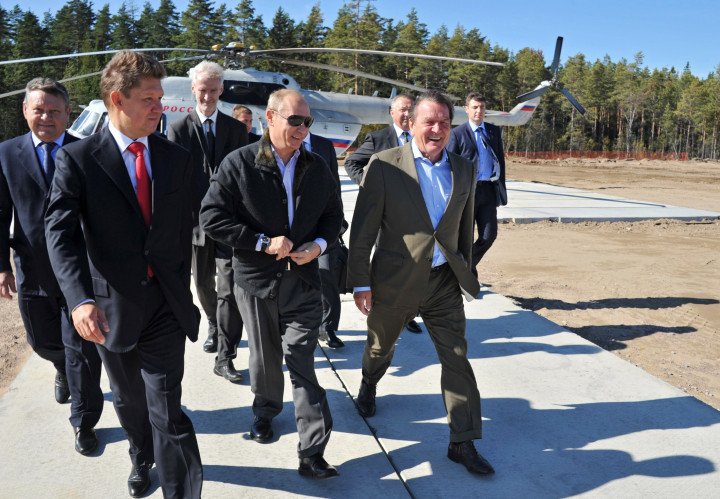
The Nord Stream project could be qualified as more than an energy deal—it was a geopolitical weapon wielded by Moscow. Putin first flattered and lobbied Germany’s elite, then used gas as a means of political coercion.
As Russia pushed its gas pipeline plans, Germany coined the term “Nordstreamler” for lobbyists aggressively advancing the project. Among them, Manuela Schwesig, Mecklenburg-Vorpommern’s top official, backed Nord Stream 2 and aligned with Moscow, telling Russia Day attendees that “more relaxed relations with Russia” were needed. She later called the Russian invasion a “conflict in Ukraine” before toasting in Russian: “To your health!” the authors of Nord Stream by Steffen Dobbert and Ulrich Thiele report in their book.
In 2021, the Joint US-Germany Statement on Ukraine and Energy Security reaffirmed Germany’s position that the Nord Stream 2 pipeline poses “no threat to Ukraine as long as reasonable gas transit is ensured.”
The Nord Stream pipeline was once seen as a triumph for borderless business. Russia’s full-scale invasion of Ukraine “put an end to that fantasy,” said Elisabeth Braw, a columnist at Foreign Policy.
-554f0711f15a880af68b2550a739eee4.jpg)
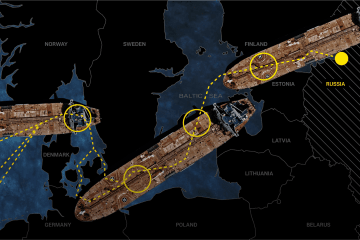
-206008aed5f329e86c52788e3e423f23.jpg)

-605be766de04ba3d21b67fb76a76786a.jpg)
-27ef304a0bfb28cb4215e5deede4a665.png)
-46f6afa2f66d31ff3df8ea1a8f5524ec.jpg)
